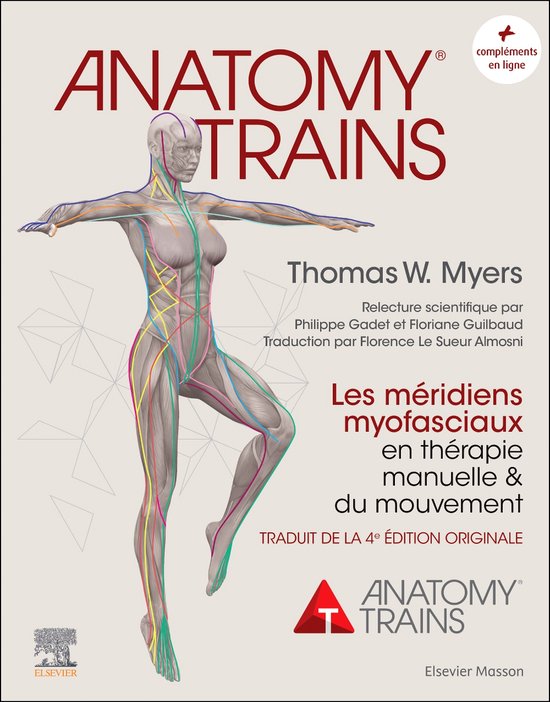
What Is Health?
An argument that health is optimal responsiveness and is often best treated at the system level. Medical education centers on the venerable no-fault concept of homeostasis, whereby local mechanisms impose constancy by correcting errors, and the brain serves mainly for emergencies. Yet, it turns out that most parameters are not constant; moreover, despite the importance of local mechanisms, the brain is definitely in charge. In this book, the eminent neuroscientist Peter Sterling describes a broader concept: allostasis (coined by Sterling and Joseph Eyer in the 1980s), whereby the brain anticipates needs and efficiently mobilizes supplies to prevent errors. Allostasis evolved early, Sterling explains, to optimize energy efficiency, relying heavily on brain circuits that deliver a brief reward for each positive surprise. Modern life so reduces the opportunities for surprise that we are driven to seek it in consumption: bigger burgers, more opioids, and innumerable activities that involve higher carbon emissions. The consequences include addiction, obesity, type 2 diabetes, and climate change. Sterling concludes that solutions must go beyond the merely technical to restore possibilities for daily small rewards and revivify the capacities for egalitarianism that were hard-wired into our nature. Sterling explains that allostasis offers what is not found in any medical textbook: principled definitions of health and disease: health as the capacity for adaptive variation and disease as shrinkage of that capacity. Sterling argues that since health is optimal responsiveness, many significant conditions are best treated at the system level.
| Auteur | | Peter Sterling |
| Taal | | Engels |
| Type | | Hardcover |
| Categorie | | Wetenschap & Natuur |





